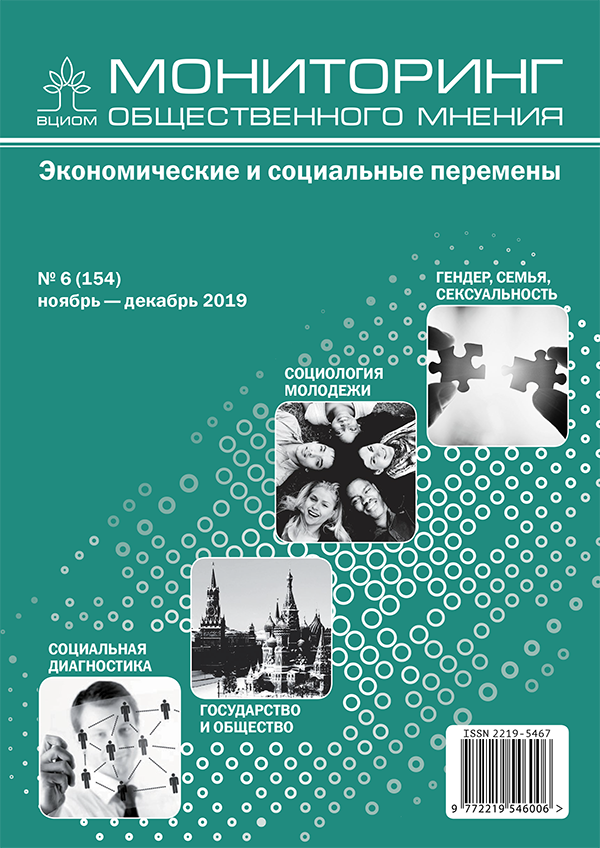Public Opinion and Political Participation: Based on the Works of James Bryce
DOI:
https://doi.org/10.14515/monitoring.2019.6.10Keywords:
James Bryce, George Gallup, Jean-Jacques Rousseau, public opinion surveys, minimal democracy, collective decision-making, political involvementAbstract
Today political discussion of public opinion survey functions can be divided into two trajectories. Certain authors argue that surveys are designed to accurately reflect public preferences and needs serving as a tool to control people’s representatives. Democracy is viewed as an elite rule carried out according to the interests of the citizens, and public opinion is viewed as a sum of individual preferences of the voters. George Gallup is a key figure behind this approach. However, there is another point of view stating that public opinion refers to democratic collective decision-making. This article analyzes the limitations of the former approach. The authors show that the latter one helps to see how the supervisory function of the surveys turns into acclamation. The authors also show that the latter approach is much closer to J. Bryce’s opinion than that of G. Gallup and his followers.






